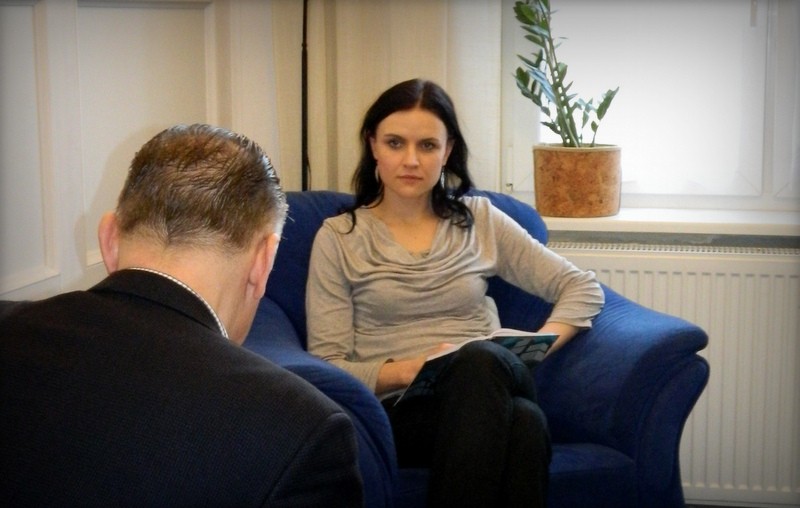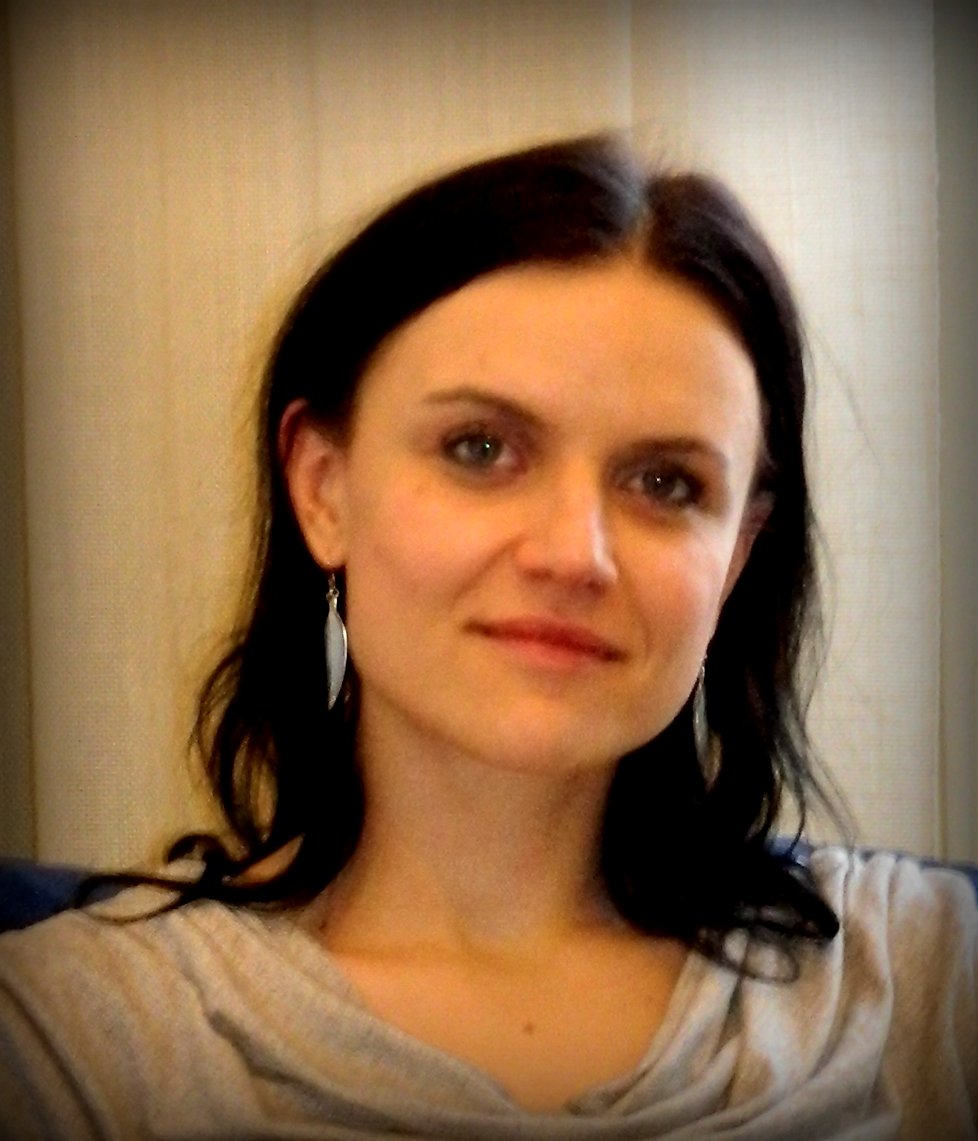Psychotherapy, counseling in Krakow and Pruszków (near Warsaw)
Taking into account that you are already on this page, I suppose you are looking for help due to suffering you are experiencing. Let me encourage you to look through our offer. It is possible that you may find a part of yourself reflected in one of the described themes. If this is the case, I suppose you can benefit from our help.
Psychotherapy enables individuals to know themselves better. Thanks to this knowledge one is able to cope with their life’s difficulties in a more comfortable way.
- anxiety (fear or anxiety that begins to overwhelm you, seemingly without any particular reason)
- phobias
- decreased ability to deal with difficult flashbacks of troubling or embarrassing memories
- dilemmas touching both psychological and faith problems, neurosis, obsessive thoughts,
- constant feeling of tiredness and weariness due to overthinking and having numerous repetitive memories of past events
- feeling overly guilty, excessive worrying about or ruminating over things other people deal much faster with
- lack of self- confidence, problems with maintaining positive self-worth and dignity
- difficult memories causing overburdening feelings, flashback memories of traumatic or abusive events, including abusive events dating back from your childhood (physical, sexual, psychological or emotional abuse, domestic violence, one or both parents having alcohol problems, adult children of alcoholics)
- overly strong feeling of anxiety, fear, shame, anger, guilt, envy, hostility, which you have difficulty coping with
- inability to control your emotions (bursts of anger or tears, acting out your emotions on the closest ones)
- difficulties with taking decisions,
- depression
- lack of will to live
- life crisis (loosing a close person, divorce, etc,)
- personality disorders
- persistent difficulties in relations with other people, which are not understandable, and because of this it is not possible to deal with them on your own
- lack of stable human relationships with friends or a partner
- eating disorders, anorexia, bulimia, orthorexia, obesity caused by mental factors,
- psychosomatic disorders (symptoms or diseases in the body connected with psychological stress)
- and many others…

Psychotherapy is also a way to learn about yourself and your personal development.
Psychotherapy makes it possible to get to know yourself better and learn about the mechanisms our non-conscious mind acts according to. Thanks to that it is possible to obtain more freedom, so as to make decisions in a more conscious way and follow your true needs.
If you feel you live in a false world, and your needs are omitted, or you do not notice them at all, and moreover, it is difficult for you to identify what you feel and need, working with a psychotherapist, you can develop your capabilities and learn to identify your emotions and needs.
Psychotherapy is a journey into the depth of yourself. It requires discipline and devotion, both on the part of the patient and the therapist. Despite the arduousness of the enterprise, the benefits it brings cannot be overestimated. As a patient, you have an opportunity to learn about yourself from a different and new perspective. You can enrich your life with new understanding, and a fresh look at the old situations. New solutions emerge. Psychotherapy is a long process. It’s goal is to provide the patient with a new space for developing his or her own wings. Psychotherapy is not only about healing various symptoms. It is common to discover new talents, abilities, and gifts of the patient in the course of therapy. Psychotherapy is a way to better knowledge about yourself and better functioning. Psychotherapy features long term results. What has been achieved, remains in the patient’s resources for the whole live, long after the therapy has finished. The work is performed at a very deep level of one’s psyche.
We do not use any techniques, we do not give advice, and we are doing our best to remain impartial. We pay attention to what our patients say in order to provide them with the best understanding of what they are talking about.
The aim of therapy is to discover the way you function in relations with people and with just yourself, which is a gradual process, taking place thanks to the therapeutic relationship. In the atmosphere of security and compassion we take every effort to ensure the best understanding for each person looking for help in our consulting rooms.
First and second consultation:
Please take into account that every meeting is unique, and two identical consultations just do not exist. Each person is an individual with their own life history and character, which is why each session is somewhat adjusted to a particular patient. The general description that follows here is therefore just an outline, so that you can better imagine what can take place in a consulting room.
At the first meeting we usually ask a person what brings him or her to our office, when the problem began, for how long the problem or situation has been present in their life or how often it repeats, in what circumstances the difficulties arise, etc. We may also ask whether this is their first visit to a psychologist, and if not, ask for a brief description of their psychotherapeutic history (how many psychologists has the person visited so far, how long the therapies or meetings lasted for, and the similar.) We also ask the person to describe their current life situation, what does she or he do (studies, job), what are his or her interests, who does s/he live with.
During first meetings we decide together with the person looking for help what happens next. At the first or second consultation a therapist may tell the person how s/he understands their situation, and offer psychotherapy or a more short term form of help, depending on the character of the problem s/he comes with. Sometimes it is possible that the third or fourth consultation is necessary in order to decide whether a person can be qualified for psychotherapy and whether s/he wants it. Even if I in my opinion the person qualifies for psychotherapy, but the person is not ready for such an enterprise, or – for any reason – is unconvinced of undertaking psychotherapy, I may offer some temporary support, lasting for a few weeks, or just a few meetings.








